Discover insights, tips, and stories from the skies — from aircraft buying guides to pilot training.
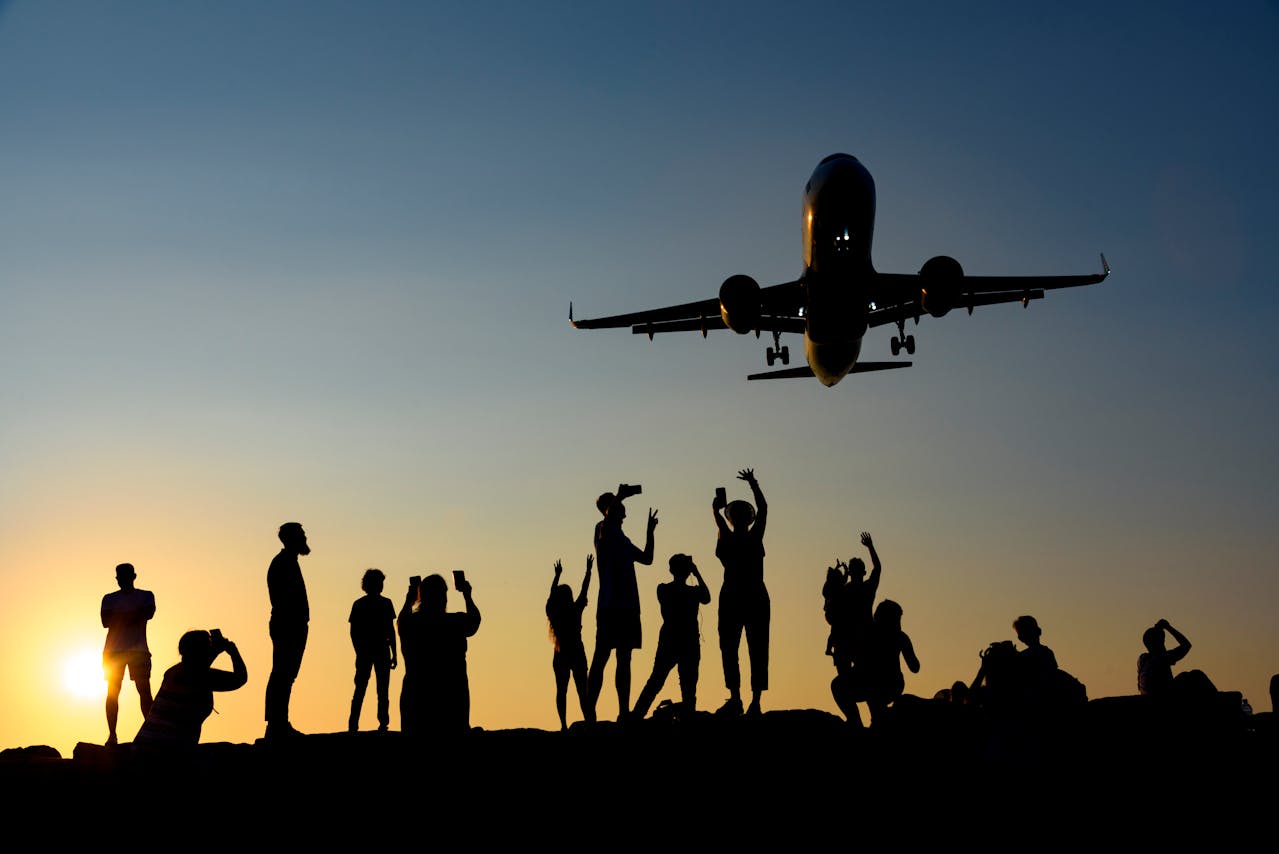
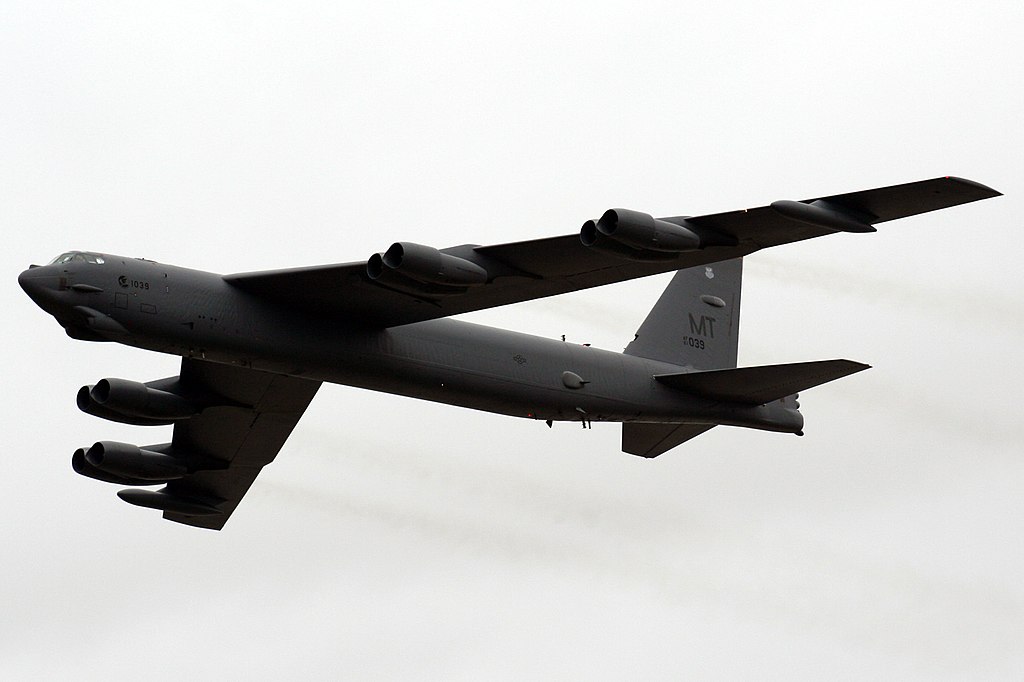
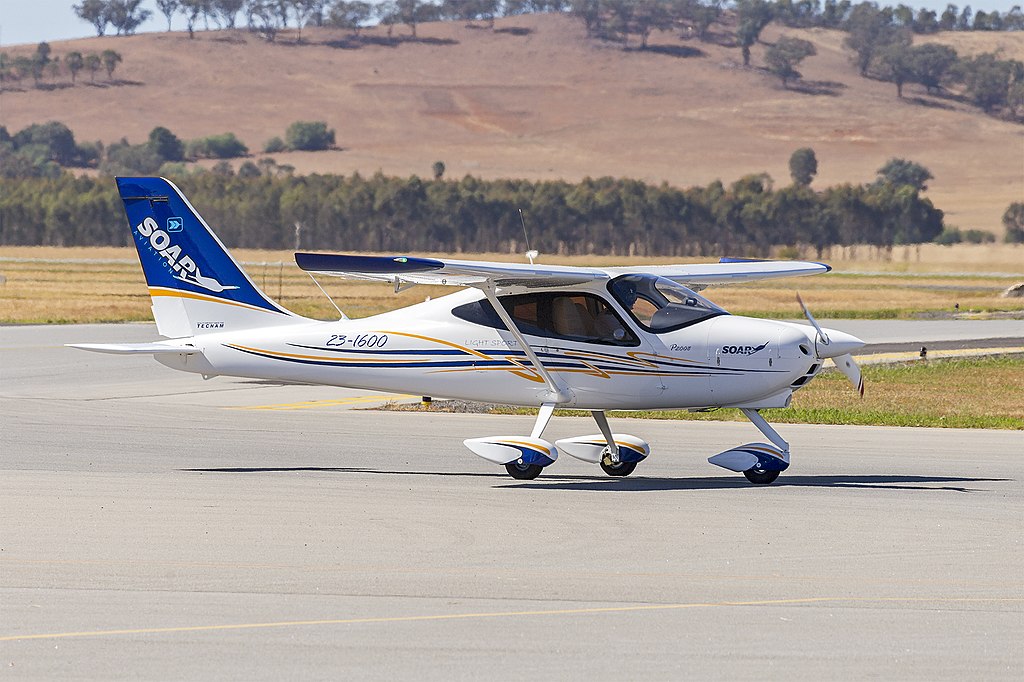
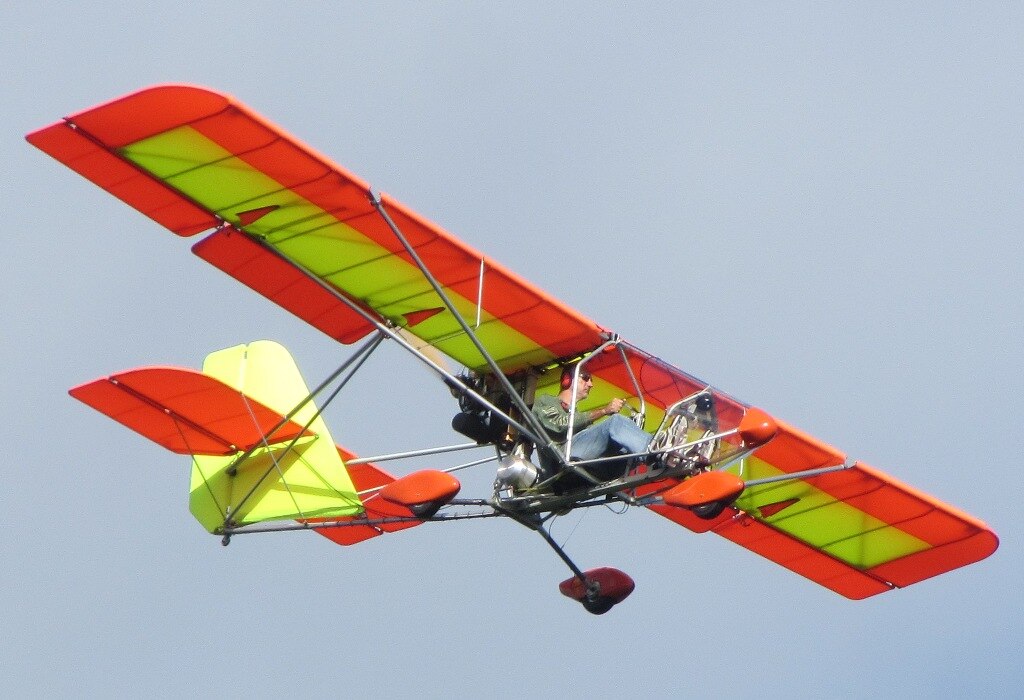
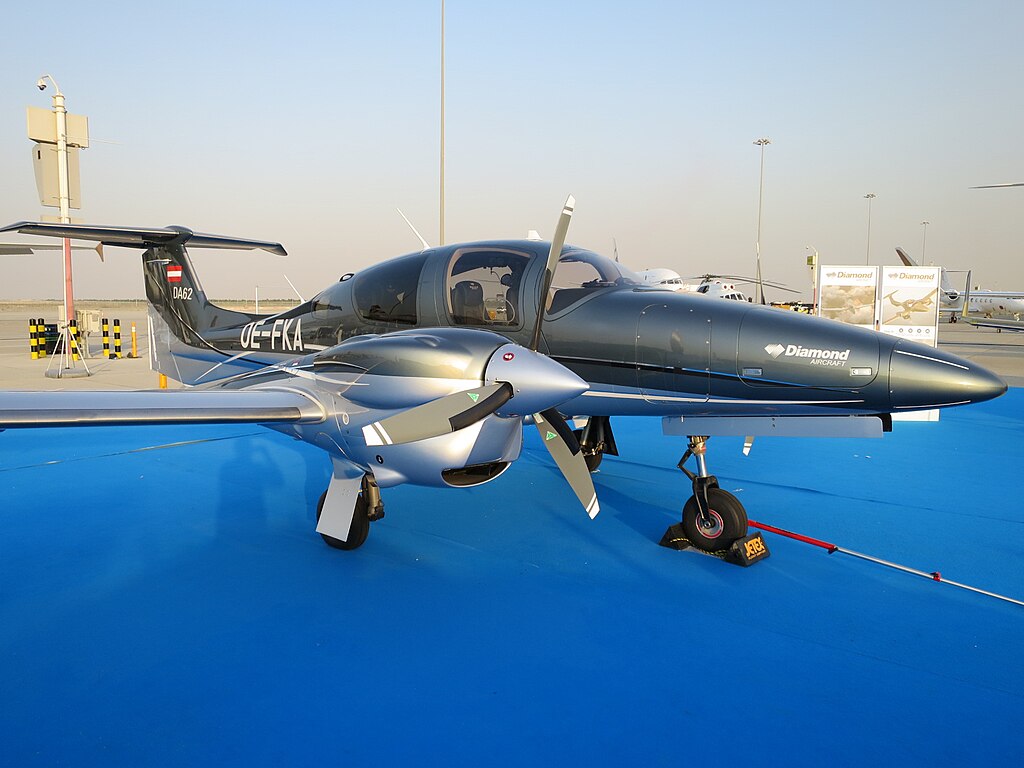
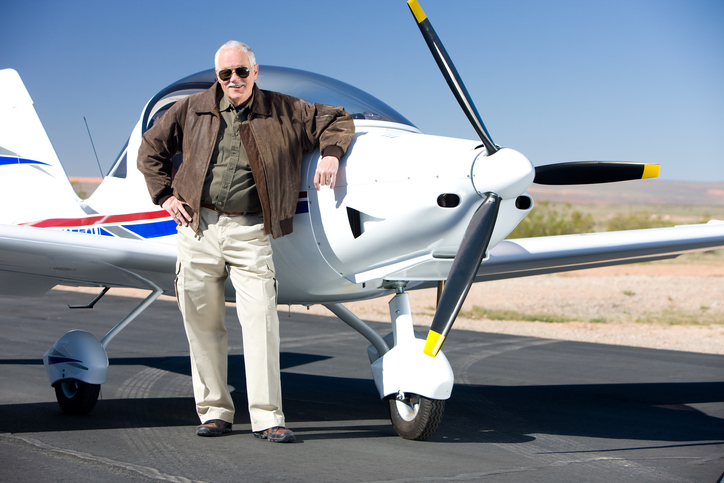
Published: July 16, 2025
By 2024, the Federal Aviation Administration (FAA) reported approximately 220,000 active general aviation aircraft in the United States alone. That figure illustrates the growing number of people opting to fly their own planes rather than relying on airlines. However, while owning an airplane may sound like a dream come true, it is not suitable for everyone.
You could be asking if it's truly worth it. What are the actual day-to-day advantages and disadvantages of owning your own aircraft?
This essay will walk you through the benefits and cons of owning an airplane in a straightforward, honest, and easy-to-understand manner. Whether you're just curious or seriously considering buying a plane, you'll have the information you need to make an informed decision.
Owning a plane is fantastic, but it also reflects a lifestyle choice. It involves dedication, time, and money. That's why it's vital to understand the pros and cons of owning an airplane before making the purchase.
Now that you know what to expect, you can make a better decision. Whether you're ready to fly or just thinking about it, weigh the perks and drawbacks. After all, smart flying starts on the ground, with knowledge.
The flexibility that comes with owning your own plane is one of the most appealing aspects of owning a plane. You won't have to wait in huge lines, check in early, or worry about airline delays. You simply arrange your journey, show up, and depart when you're ready. You also get to choose your own route and fly at your own pace. You're no longer tied to airline schedules. When considering the pros and cons of owning an airplane, this level of flexibility is a significant reason why many people choose to purchase one.
One of the most appealing aspects of owning a plane is the flexibility it offers. You will not have to wait in long lines, check in early, or worry about aircraft delays. Simply plan your trip, show up, and depart when you're ready. You can also plan your own itinerary and fly at your own pace. You're no longer limited to airline schedules. When weighing the pros and cons of owning an airplane, this level of flexibility is a major reason why many people choose to own one.
Many small airports in the country don’t have airline flights, but if you have your own plane, you can land in those places. This means you can visit quiet towns, mountain spots, or even islands that are difficult to reach by air. You don’t have to stick to big city airports anymore. This is particularly helpful if you have a land or a vacation home located far away. When considering the pros and cons of owning an airplane, the ability to reach more places is a significant benefit.
Flying an airplane is not always possible, especially in severe weather conditions. Rain, severe winds, snow, or fog may prevent you from taking off. When the weather is bad, even private pilots must adhere to safety precautions. This can be inconvenient if you have a trip scheduled or need to go somewhere quickly. That is why it is prudent to always have a backup plan. When weighing the pros and cons of owning an airplane, weather-related delays are a crucial consideration.
Life does not always go to plan. If there is an emergency and airline flights are crowded or delayed, having your own jet will allow you to travel to your destination quickly. While it is uncommon, the ability to fly immediately might be critical in particular situations. When weighing the pros and cons of owning an airplane, having this type of quick access can be a significant advantage.
Of all, any significant decision entails trade-offs, and buying a plane is no different. While it has numerous advantages, there are also risks and challenges to consider. To get the full picture, weigh both the pros and cons of owning an airplane. Now, let us look at some of the disadvantages of having an aircraft.
Buying a plane is a very big expense. Even a used plane that’s older can still cost tens of thousands of dollars. But the cost doesn’t stop there. After you buy it, you’ll need to pay for fuel, a place to store it (such as a hangar at the airport), yearly check-ups, insurance, and repairs. These things add up fast.
For many people, the money they spend each year exceeds the amount they spent for the plane. That's why it's critical to plan ahead and create a budget that you can stick to. When weighing the pros and cons of owning an airplane, one of the most important factors to consider is cost.
If you do not already have a pilot's license, you will need to obtain one before flying your own plane. That entails attending flight school, preparing for long hours, passing tests, and adhering to the rules. Even after you receive your license, you must continue to fly frequently and pass routine medical exams. If you plan to fly passengers frequently, you may need additional training, depending on the type of plane. When thinking about the pros and cons of owning an airplane, the time and effort needed to stay qualified is something you should not ignore.
Airplanes, unlike cars, require more than just the occasional oil change. They must be checked and maintained regularly to ensure their safety. The law even mandates a comprehensive examination every year, and bypassing it is not only illegal but also dangerous. Parts may wear out, break, or require maintenance, and repairing a plane is often more expensive than repairing a car. When comparing the pros and cons of owning an airplane, it is critical to consider the need for frequent and expensive maintenance.
Flying a plane isn’t as simple as driving a car. You can’t always go when you want because weather matters a lot in flying. Strong wind, rain, snow, or fog can stop your flight, even if you're ready to leave.This can be stressful if you've planned a fun vacation or need to go there quickly. That's why having a backup plan is advisable. When weighing the pros and cons of owning an airplane, coping with weather delays should always be considered.
A plane cannot be parked in your garden the same way a car can. To keep their plane secure, most aircraft owners must rent a parking space at the airport. However, hangar space can be difficult to locate and expensive, depending on one's location. Additionally, some airports charge high landing fees or have limited hours, making flying less convenient. When evaluating the pros and cons of owning an airplane, it is essential to consider the costs and constraints associated with storing and operating your aircraft.
A Balanced View: Is It Worth It?
When you consider the pros and cons of owning an airplane, it becomes evident that this is a significant decision. Owning a plane can provide you with independence, help you learn new skills, and allow you to travel to new locations. However, it comes with numerous duties and expensive prices. Before you own your own airplane, you must be prepared for both the positive and negative aspects.
Before proceeding, ask yourself the following important questions:
If you answered yes to these questions, owning an airplane could be a great experience. If so, don't worry, other options, such as flight clubs, rentals, or fractional ownership, offer similar benefits with fewer risks.
Owning a plane might be fantastic, but it is also a significant lifestyle decision. It takes time, effort, and money to keep it running. That is why, before purchasing an airplane, you should consider the advantages and disadvantages. Now that you know what to expect, you can make a smarter choice. Whether you're ready to fly or just thinking about it, always look at both the good and the bad sides. Being a smart pilot starts with learning all the facts.
The negative repercussions often include high costs, frequent maintenance, and weather-related delays. When evaluating the advantages and disadvantages of owning an airplane, consider that ownership entails time, financial commitment, and responsibility.
Yes, you can legally own an airplane if you follow aviation standards and properly register it with the relevant authorities. However, before making a purchase, you need to thoroughly weigh the pros and cons of owning an airplane to evaluate whether it is the best option for your budget and requirements.
In some circumstances, yes, especially if the jet is being used for business purposes. Even with tax breaks, you should consider the pros and cons of owning an airplane before expecting significant savings.
Most aircraft, like cars, depreciate in value over time. When assessing the pros and cons of owning an airplane, consider both the resale value and depreciation.
Yes, flying is expensive because of fuel, training, and maintenance costs. One of the most disputed pros and cons of owning an airplane is whether the delight and independence are worth the ongoing costs.